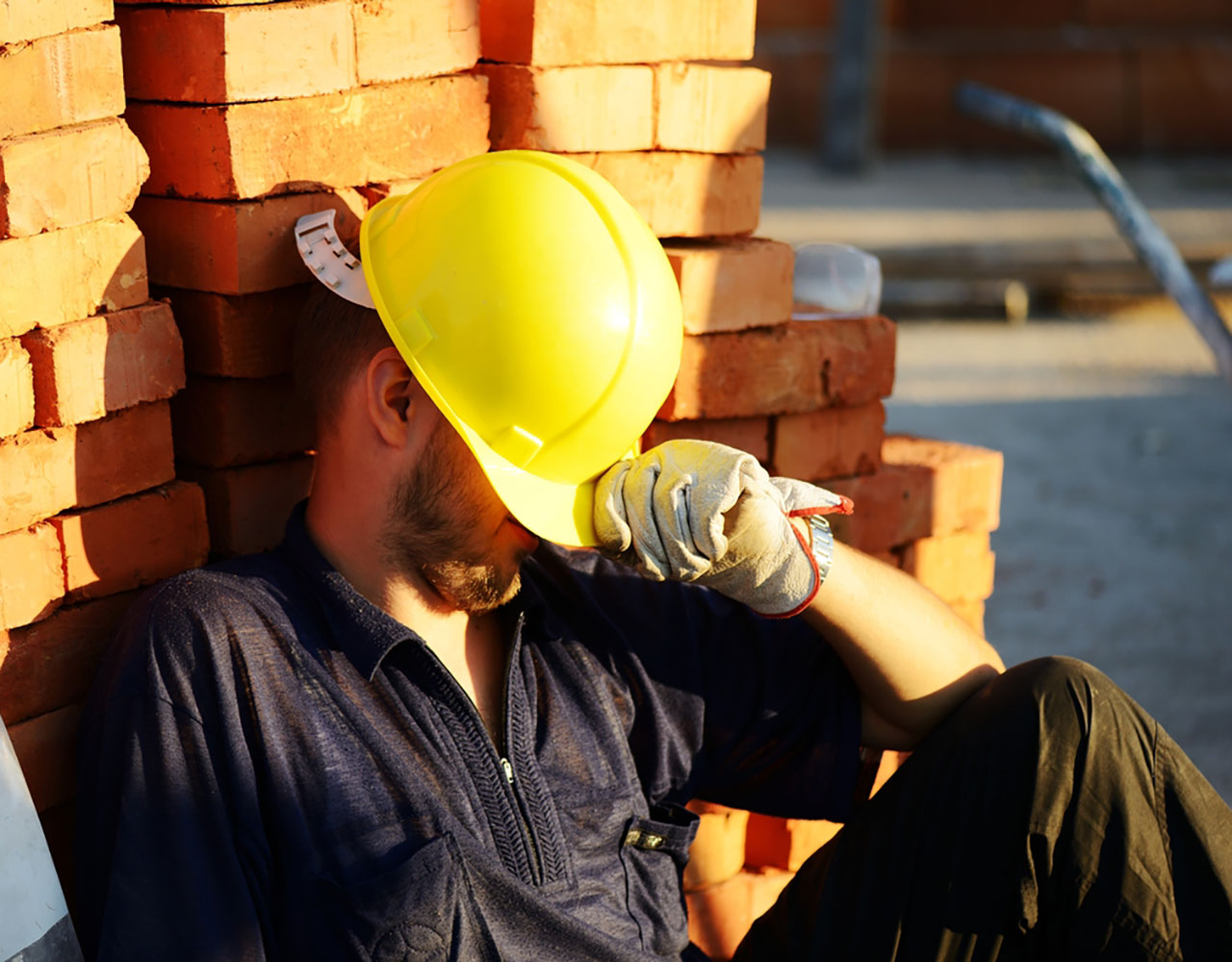

Although the willingness to work long hours is admirable, getting enough sleep is vital to both your safety and the safety of others. Many people are aware of studies that compare the reaction times of sleep-deprived drivers to those who have had too much to drink. However, you may not be aware of the disastrous results of sleep deprivation in the workplace.
Three Mile Island and Chernobyl nuclear disasters may never have happened if those in charge had garnered sufficient sleep. At Chernobyl, it has been documented that the engineers involved in the deadly event had been working for more than 13 hours. Likewise, the shift workers at Three Mile Island, working double shifts, did not notice the coolant was low, causing the core to overheat.
In 1989, the supertanker Exxon Valdez ran aground in Alaska and spilled 258,000 barrels of crude oil, polluting the waters and taking a devastating toll on wildlife in the area. Third mate, Gregory Cousins, who was reportedly sleeping at the helm, could not return to the shipping lanes in time to avert disaster. This is likely due to the fact that the entire crew had put in a 22-hour shift loading the crude, and Cousins had only gotten a short nap during the 16 hours leading up to the accident.
One of the most important things you can do to ensure you do not become a safety statistic is to get enough sleep. Proper sleep makes you more productive during your wakeful hours and helps to keep you safe. Consequently, if you are in charge of scheduling at your workplace, consult with us at Safety Meeting Outlines for more information on shift workers, sleep, and how it affects productivity and safety. Accidents are costly and we can help you improve your safety record and bottom line.
Safety Meeting Outlines provides employers in the construction and manufacturing industries with educational tools to keep the workplace safe. Visit our website to learn more about our products or to order online.
Special Accident Health